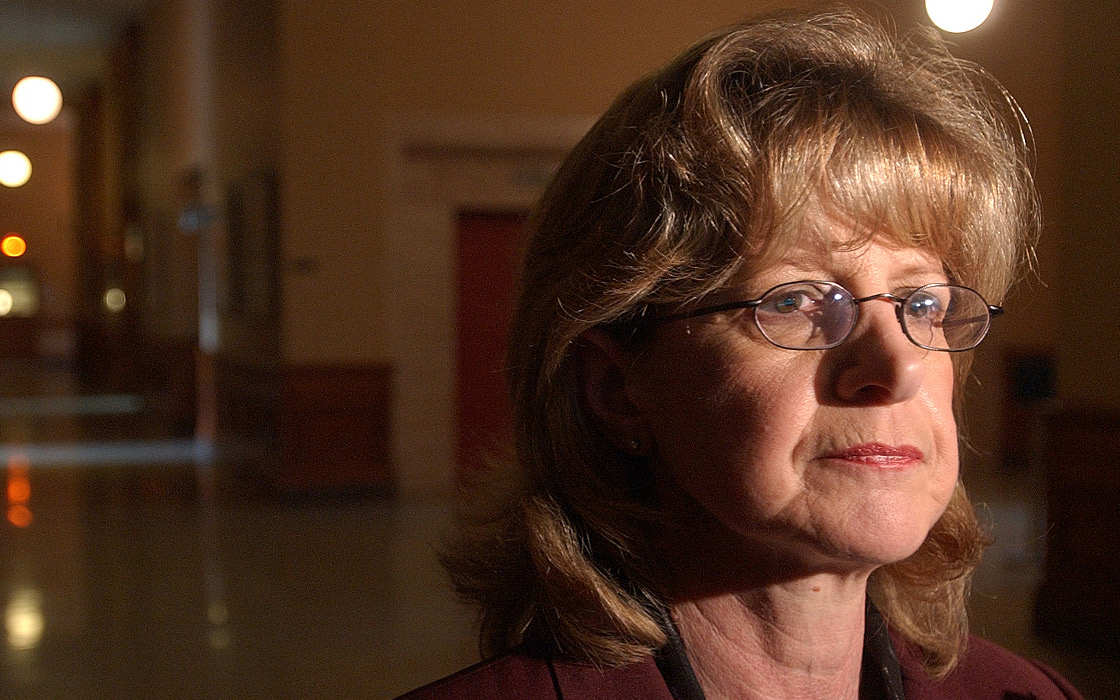TORONTO – Canadian health advocates are decrying a recent announcement by the federal conservative government to stop funding the Health Council of Canada.

The Registered Nurses Association of Ontario and the Canadian Medical Association are leading the chorus of Canadian health authorities who are criticizing Tuesday’s announcement to defund the Health Council of Canada.
In 2004 a national body was established under Prime Minister Paul Martin to monitor the 10-year health accord agreed to by the federal government and the provinces and territories. The Health Council will now lose its federal funding a year before the $41 billion health accord expires in 2014.
“This is another terrible cut the Prime Minister is doing and it’s politically motivated,” Dr. Doris Grinspun, CEO of the Registered Nurses Association of Ontario, told Global News. “This is a council that monitors healthcare in our country and they have done quite substantive work. It’s not just bad for Canadians health but it’s bad for taxpayers too.”
Dr. Grinspun said that part of the Health Council of Canada’s role is to monitor efficiency of the Canadian healthcare system. Without the council healthcare costs will become more expensive.
Steve Outhouse, a spokesman for federal Health Minister Leona Aglukkaq told the Globe and Mail it will invest more in the Canadian National Institute for Health Information, which also collects health statistics and reports on the health care system. Cuts to the Health Council are expected to save the federal government $6 million annually.
In a letter sent to the provincial health ministers, Minister Aglukkaq said any future funding for the health council would have to come from the province.
“I should emphasize that this is a decision about federal funding for the council, and that formal decisions about its future as an entity will need to be made collectively by us, the council’s corporate members,” Aglukkaq wrote.
The Canadian Medical Association has also voiced its concern over Ottawa’s decision to stop federally funding the council.
“The recent decision by the Government of Canada to cut funding to the Council is a failure of its responsibility to protect and strengthen Canada’s health care system,” Dr. Anna Reid, president of the Canadian Medical Association said in a statement.
In 2002 the CMA released a study on the future of Medicare in Canada calling for permanent body to monitor Canada’s health care system and the “health status of the population.”
“Ten years later, Canada’s health care system needs all the information it can get, but instead we are about to lose one of the few bodies responsible for monitoring and measuring progress,” said Dr. Reid, in a statement.
“The council we’ll be funded up until the end of this fiscal year and into the spring of 2014,” John Abbott, CEO for the Health Council of Canada, told Global News. “Unless someone steps up to the plate, the provinces or territories, staff will then have to go their separate ways.”
Abbott said the Health Council will continue to work on upcoming reports including the annual progress report on healthcare and a report on senior aboriginal healthcare. Abbott said the work the health council does is different than the Canadian Health Institute for Information.
The federal government unveiled a new health care funding agreement in 2011 which would see a six per cent increase in federal funding until 2016-17. Funding would then be tied to GDP growth, with a minimum of three per cent funding.


Comments